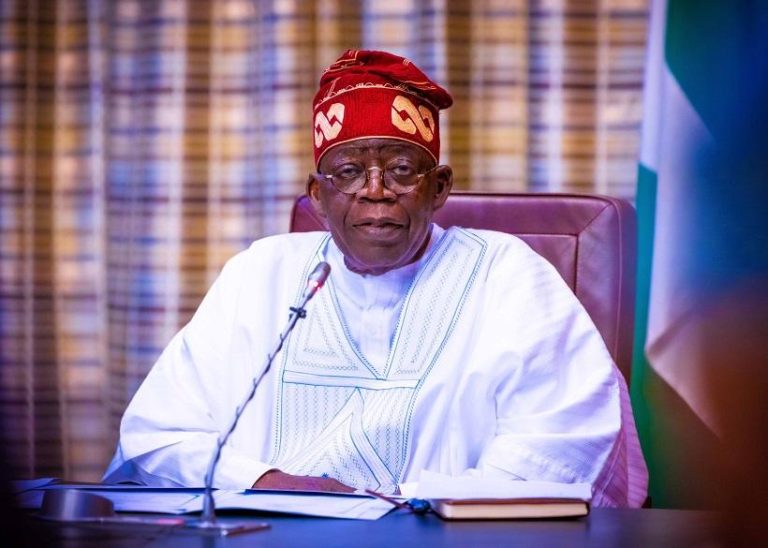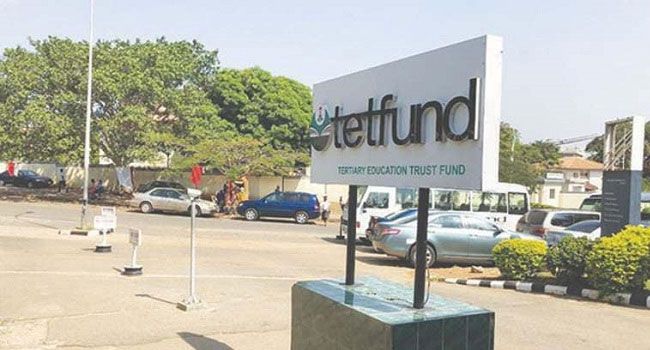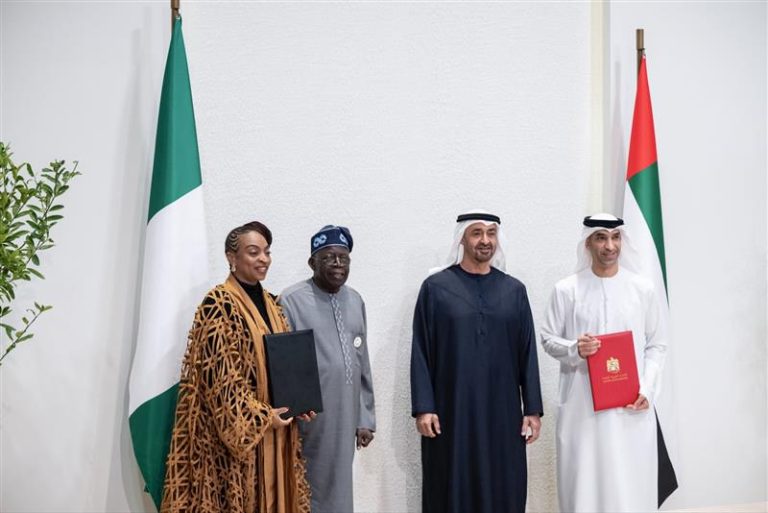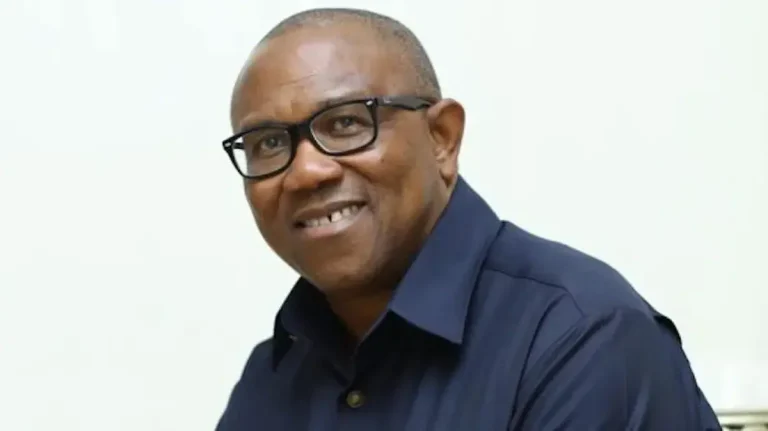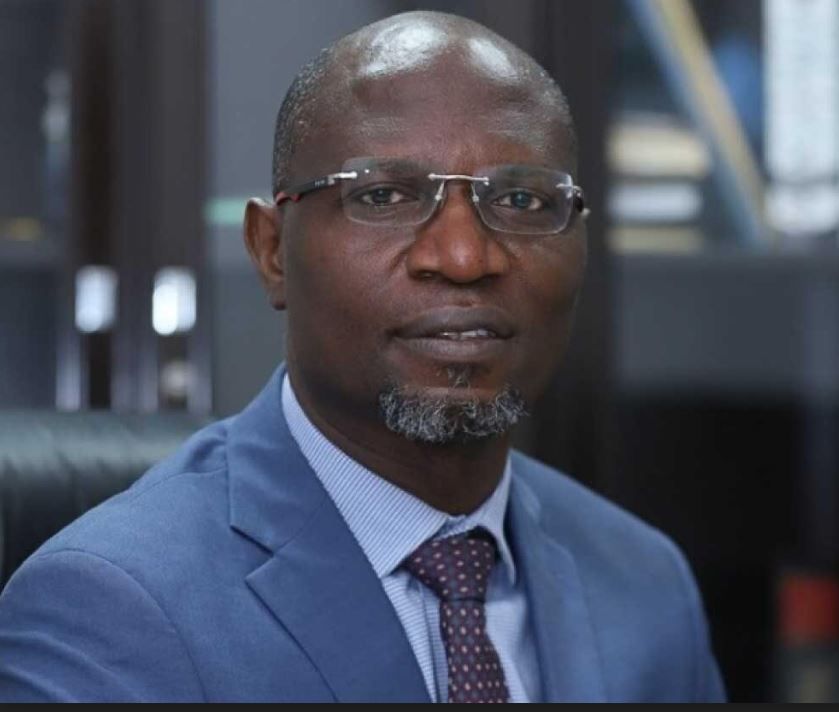
The Director-General of the Securities and Exchange Commission (SEC), Emomotimi Agama, has raised concerns over the alarmingly low participation of Nigerians in the capital market, revealing that fewer than 4% of the adult population are active investors.
Speaking at the annual conference of the Chartered Institute of Stockbrokers, Agama highlighted the stark contrast between investment activity and gambling, noting that while fewer than three million Nigerians invest in the capital market, over 60 million people gamble daily, spending an estimated $5.5 million every day.
“This reveals a paradox, an appetite for risk clearly exists, but not the trust or access to channel that energy into productive investment,” Agama said.
He noted that Nigeria’s market capitalization-to-GDP ratio stands at 30%, far below South Africa (320%), Malaysia (123%), and India (92%), underscoring the urgent need to deepen financial inclusion and rebuild investor confidence.
Agama reflected on the Ten-Year Capital Market Master Plan (CMMP) 2015–2025, aimed at positioning the Nigerian capital market as a key driver of economic transformation. He disclosed that less than half of the 108 initiatives in the plan were fully achieved, citing issues such as limited alignment with national development plans, weak tracking mechanisms, and insufficient stakeholder engagement.
While acknowledging progress in areas such as Green Bonds, Sukuk issuance, fintech integration, and non-interest finance, he highlighted market liquidity concentration in a few large-cap stocks including Airtel Africa, Dangote Cement, and MTN Nigeria.
Agama identified six key challenges for the next decade of reforms:
- Low retail participation
- Market concentration
- Declining foreign inflows
- Underutilized pension assets
- Untapped diaspora capital
- Widening infrastructure financing gap
He stressed that Nigeria’s $150 billion annual infrastructure deficit dwarfs the market’s contribution, with only ₦1.5 trillion approved in PPP bonds, demonstrating a misalignment between financial innovation and national priorities.
Highlighting emerging trends, Agama noted that over $50 billion worth of cryptocurrency transactions occurred in Nigeria between July 2023 and June 2024, reflecting both the sophistication and risk appetite of Nigerian investors, a pool that the traditional capital market has yet to fully harness.
“Vision without execution is inertia, and reform without measurement is aspiration without accountability,” Agama declared, calling for a “reimagined SEC” that functions not only as a regulator but also as an enabler of private-sector-led growth.
